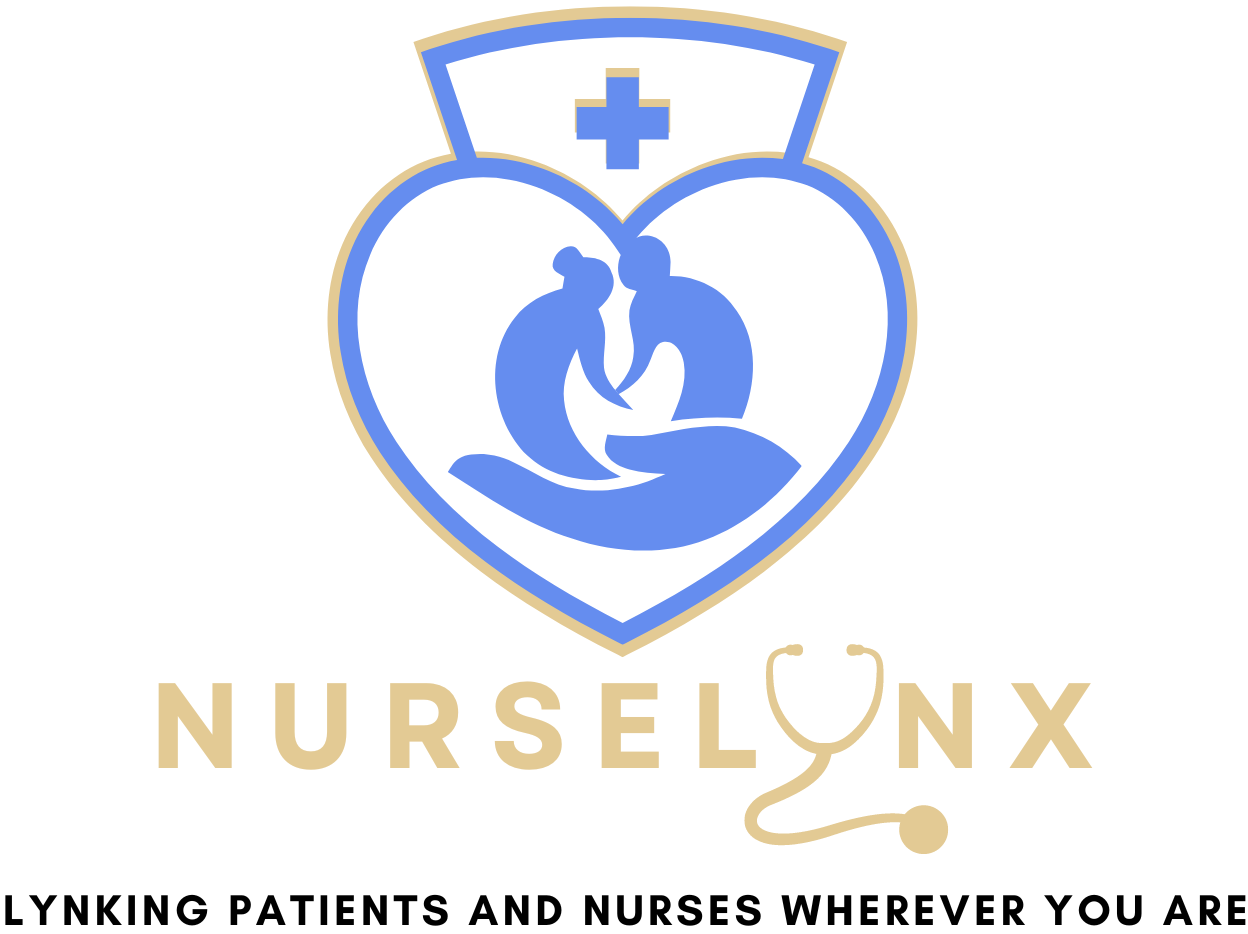Caring for a loved one with Alzheimer’s disease presents unique challenges. This progressive condition affects memory, thinking, and behavior, requiring specialized care and support. This blog provides essential tips and resources to help you navigate the complexities of Alzheimer’s care and ensure your loved one receives the best possible support.
Understanding Alzheimer’s Disease
Alzheimer’s disease is a type of dementia that gradually worsens over time. It affects memory, cognitive function, and the ability to perform everyday activities. Understanding the stages of Alzheimer’s can help caregivers anticipate changes and adapt their care strategies.
Stages of Alzheimer’s Disease
Early Stage
- Mild symptoms such as memory loss, difficulty with complex tasks, and subtle changes in behavior.
Middle Stage
- Increased memory loss, confusion, difficulty recognizing people, and changes in sleep patterns.
Late Stage
- Severe cognitive decline, inability to communicate, loss of motor skills, and dependence on others for daily care.
Tips for Caring for Loved Ones with Alzheimer’s
Caring for someone with Alzheimer’s requires patience, understanding, and a structured approach. Here are some tips to help you provide effective care:
Establish a Routine
Creating a daily routine provides structure and predictability, which can reduce anxiety and confusion for the individual.
Communicate Clearly
Use simple, clear language and maintain eye contact when communicating. Be patient and give the person time to respond.
Create a Safe Environment
Ensure the home is safe by removing hazards, installing locks on doors, and using assistive devices to prevent falls.
Encourage Independence
Support the individual’s independence by allowing them to perform tasks with supervision and assistance as needed.
Engage in Activities
Participate in activities that the person enjoys and can still do. This can help maintain their cognitive function and provide a sense of accomplishment.
Resources for Alzheimer’s Care
Accessing the right resources can make a significant difference in managing Alzheimer’s care. Here are some valuable resources:
Alzheimer’s Association
The Alzheimer’s Association offers a wealth of information, support groups, and resources for caregivers.
Local Support Groups
Joining a local support group can provide emotional support and practical advice from others who are experiencing similar challenges.
Professional Care Services
Consider hiring professional caregivers who specialize in Alzheimer’s care to provide respite and additional support.
Educational Materials
Books, websites, and online courses can offer valuable information on managing Alzheimer’s and coping strategies.
The Role of Advanced Personal Care
For individuals with Alzheimer’s, advanced personal care services can be particularly beneficial. These services provide specialized support for complex medical needs, including medication management, wound care, and more.
For more information on advanced personal care services, visit Nurse Lynx Home Care & Staffing Services.
The Importance of Self-Care for Caregivers
Caring for a loved one with Alzheimer’s can be emotionally and physically draining. It’s crucial to take care of yourself to avoid burnout.
Take Breaks
Regular breaks can help you recharge and maintain your well-being.
Seek Support
Don’t hesitate to ask for help from family, friends, or professional caregivers.
Practice Self-Care
Engage in activities that you enjoy and find relaxing, such as exercise, hobbies, or spending time with loved ones.
Conclusion
Caring for a loved one with Alzheimer’s requires a comprehensive approach that includes practical strategies, emotional support, and access to resources. By understanding the disease, implementing effective care techniques, and utilizing available resources, you can provide the best possible care for your loved one. For more information on Alzheimer’s care services, visit Nurse Lynx Home Care & Staffing Services.
Discover more about our services on our Google business profile.



